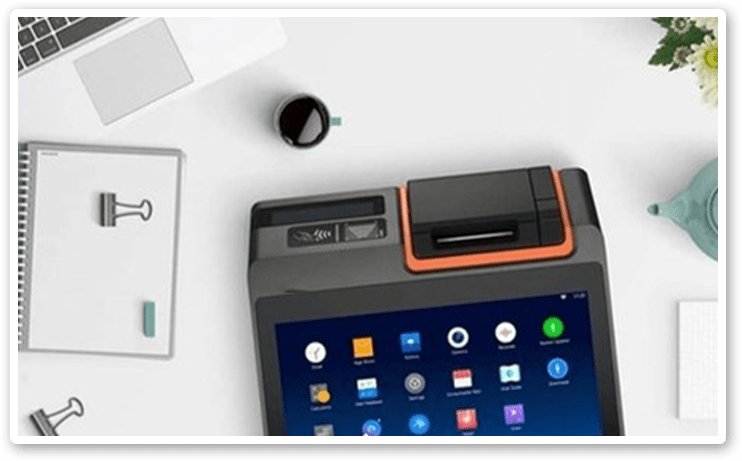In today’s increasingly digital world, small businesses are now turning to Point-of-Sale systems to help manage their operations. But what exactly is POS software and how can POS for small businesses be useful? In this article, we’ll provide an overview of POS for small businesses and discuss some of the ways in which these tools can benefit small businesses.
What is a POS System?
POS for small businesses are devices used to process customer transactions in brick-and-mortar retail settings. Retail point-of-sale systems typically include a cash register, barcode scanner, credit card reader, and receipt printer. Small businesses can use a POS system for retail to streamline transactions, freeing up time for employees to provide better customer service. In addition, a POS system for retail can track inventory levels and sales data, providing valuable insights into business operations.
What Functions Does a POS System Provide?
Small businesses can use a POS system for retail for a variety of functions, including sales tracking, inventory management, and customer relationship management. Sales tracking allows businesses to see which products are selling well and which ones need to be ordered more frequently. Inventory management helps businesses keep track of what they have in stock and what to reorder. Customer relationship management allows businesses to keep track of customer purchases and preferences.
How Can Small Business Use POS Systems?
A retail point-of-sale can do a lot more than just process sales transactions. Many POS for small businesses include features that can help small businesses track inventory, manage customers, and even run marketing campaigns. Here are some ways that small businesses can make use of POS systems:
- Track inventory in real-time: POS software can help a business keep track of what inventory they have on hand at any given time. This information can be used to make decisions about ordering new products and managing stock levels.
- Manage customers: A retail point-of-sale can help a business keep track of customer purchase history and preferences. This information can be used to create targeted marketing campaigns and loyalty programs.
- Accept payments: Of course, a POS software can be used to accept payments from customers via credit card, debit card, or cash. This is a convenient way for businesses to process transactions and reduce the need for paper records.
- Generate reports: POS system for retail generates data that can be used to track sales trends, analyze customer behavior, and measure the success of marketing campaigns. This data can be very valuable in making informed decisions about the direction of the business.
How to Acquire a POS System
There are many different types of POS systems available on the market, so it is important to do your research before making a purchase. You will want to consider what type of features you need and how much you are willing to spend.
One way to acquire a POS software is to buy it outright. This option may be the best for businesses that have a lot of upfront capital. Otherwise, you can lease a POS system, which may be a better option for businesses that do not have as much money to invest upfront. Whichever route you choose, make sure to compare prices and features before making your final decision.




